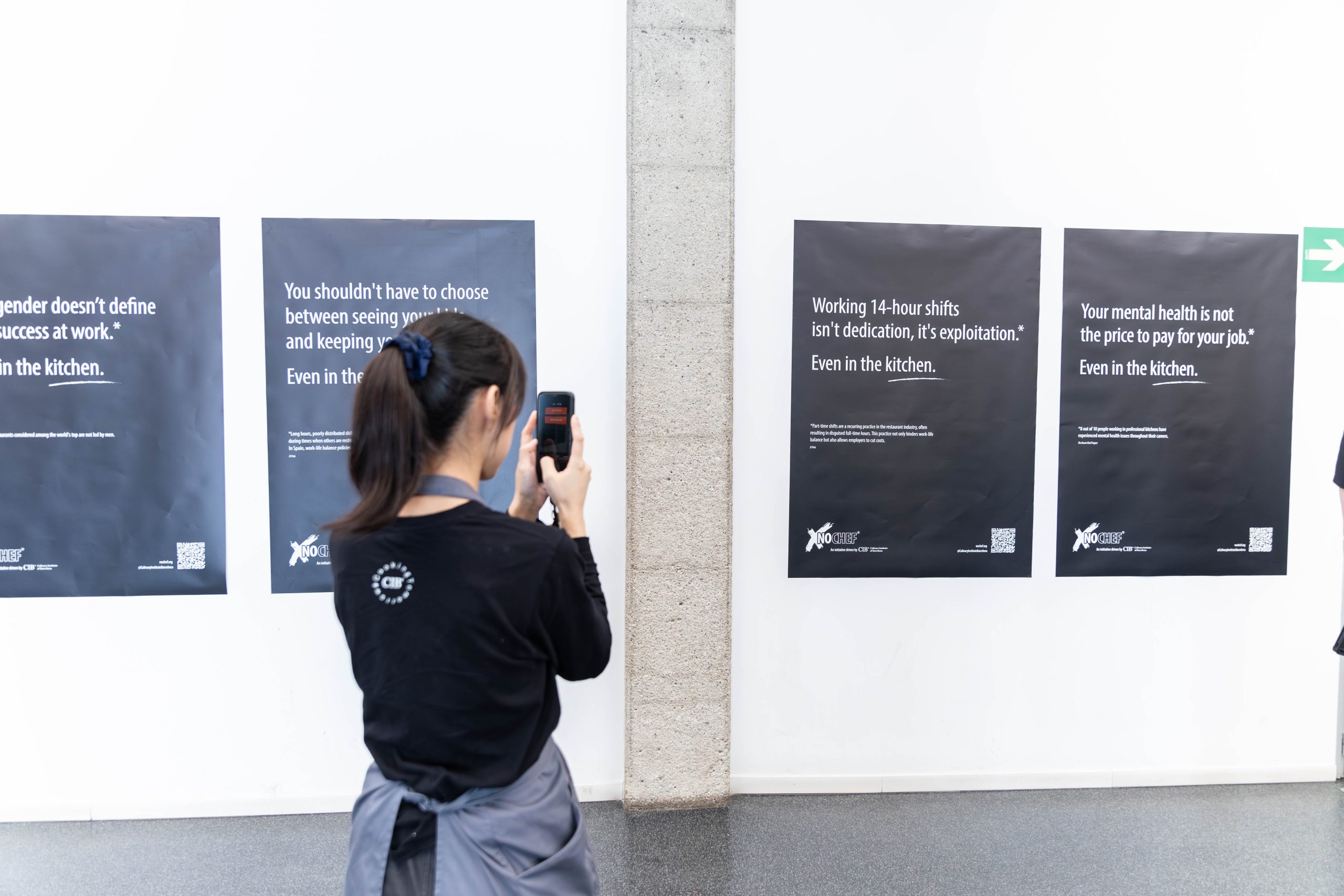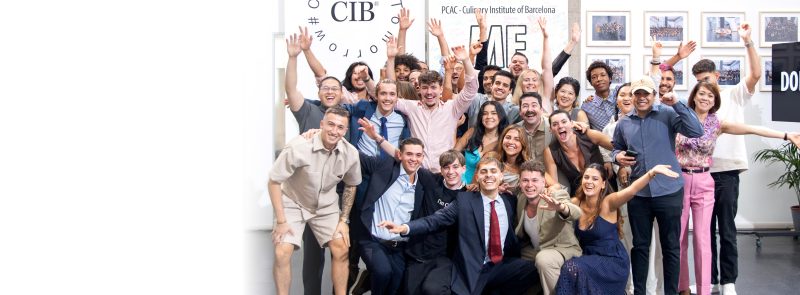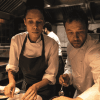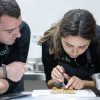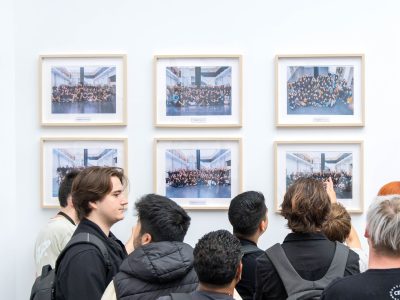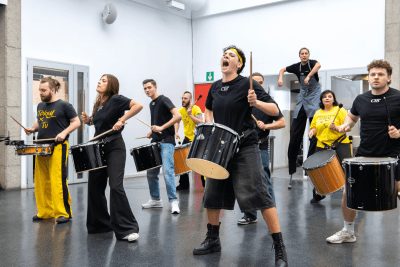Culinary education faces a unique challenge: preparing future chefs for a profession that blends creativity and passion with a work environment historically characterized by high pressures, long hours, and conditions that often impact both the physical and mental well-being of its practitioners.
At the CIB · Culinary Institute of Barcelona, sessions called “Real Life” directly address the professional realities awaiting students. These sessions aim to nurture a new generation of professionals who are conscious, resilient, and dedicated to dignifying the culinary sector.
The Gap Between Education and Reality
For a long time, culinary training has focused on perfecting techniques, recipes, and specific skills while neglecting essential aspects of a chef’s professional life. This disconnection between classroom learning and real workplace conditions has often led to unrealistic expectations and ill-prepared professionals, who face the industry’s challenges with surprise and frustration.
In an environment where long hours, stress, discrimination, and toxic dynamics can be prevalent, mastering advanced culinary techniques is not enough. Aspiring chefs must also learn how to navigate these challenges and, even more importantly, how to work toward transforming these conditions.
At the CIB, we have realized how rare it is to find spaces where these realities can be openly discussed and verbalized. Educational institutions bear the responsibility not only of teaching the profession but also of equipping students with the resources to tackle its challenges.
Awareness Sessions: A Space for Deep Learning
Sessions like those held at the CIB go beyond technical instruction. Students not only hear real-life experiences but also reflect on the personal and professional implications of being a chef in today’s world. These sessions are impactful for several reasons:
- Realistic Preparation for the Workplace: Students gain firsthand insights into the complexities of the profession, from extensive hours to personal sacrifices. This understanding helps them approach the job market with clear expectations and greater adaptability.
- Reflection on Personal Sacrifice: Topics such as work-life balance, mental health, and the cost of success are frequently addressed. These conversations empower students to make informed decisions about their paths and boundaries, fostering self-awareness and thoughtful decision-making.
- Promoting Cultural Change: By exposing issues like discrimination, mistreatment, and abuse of power in kitchens, these sessions encourage critical thinking and empower future chefs to become agents of change in their workplaces.
- Building Resilience: In such a demanding professional environment, resilience is a key skill. These sessions help students develop the emotional and mental tools needed to handle stress and pressure without compromising their well-being.
The Value of the No, Chef! Movement in Culinary Training
The No, Chef! movement, spearheaded by the CIB, perfectly aligns with this philosophy. This movement seeks to dignify the culinary profession by addressing and rejecting toxic dynamics that have been normalized in many professional kitchens. Through its commitment to a more humane and fair workplace culture, No, Chef! highlights the importance of breaking harmful practices and reimagining the chef’s role in contemporary society.
Incorporating the principles of No, Chef! into culinary education amplifies the impact of these sessions, connecting students with a broader mission: transforming the industry. Schools that adopt this philosophy not only train students to become technically skilled chefs but also prepare them as leaders committed to driving positive change.
Stories That Inspire and Educate
One of the reasons these sessions are so valuable is the inclusion of real stories. Hearing professionals share how they navigated personal, and workplace challenges helps students understand that behind every Michelin star or perfect dish lies a journey of sacrifice, mistakes, and learning. These narratives humanize the profession and offer an enriching perspective that no textbook can provide.
Additionally, these stories inspire students to find their own voices and purpose within the industry. They demonstrate that overcoming adversity is possible and that, with time and effort, students can contribute to the cultural shift the industry so desperately needs.
Holistic Training as a Driver of Change
Sessions aimed at reflecting real-life experiences are not just an educational tool; they are a transformative resource. By challenging students to question the status quo, reflect on their expectations, and commit to improving the industry, these sessions lay the groundwork for meaningful change in the culinary sector.
The impact of this approach extends beyond the classroom. Well-prepared, conscious professionals not only perform better in their roles but also inspire others to follow their example. In this way, change begins within and spreads across teams, kitchens, and, eventually, the entire industry.
Culinary education must be much more than the transmission of technical knowledge. It should be a transformative experience that prepares students to face the real challenges of their profession while inspiring them to be agents of change.
In a world where gastronomy reflects culture and society, training chefs who are conscious, resilient, and committed not only enhances the quality of cuisine but also elevates and dignifies a profession that deserves recognition and respect. True culinary excellence lies not only on the plate but also in how chefs live and work to create it.

